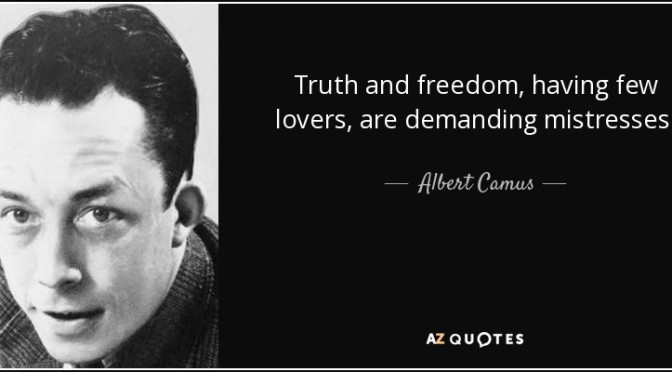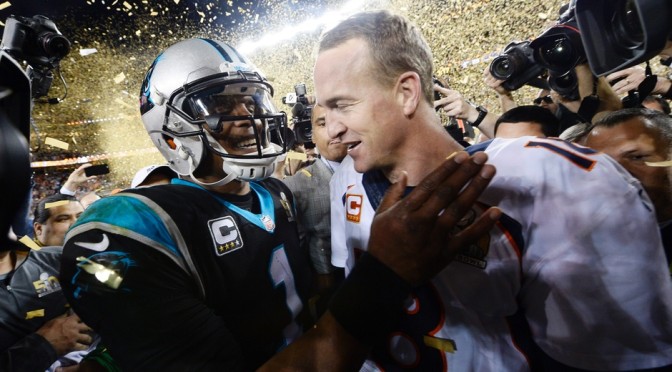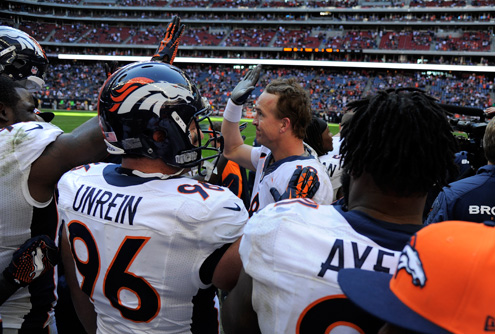Caitlin Trussell with Augustana Lutheran Church on November 22, 2023
[sermon begins after two Bible readings – Psalm and Colossians readings are at the end of the sermon]
Exodus 15:20-21a Then the prophet Miriam, Aaron’s sister, took a tambourine in her hand; and all the women went out after her with tambourines and with dancing. 21And Miriam sang to them: “Sing to the Lord, for he has triumphed gloriously.”
Matthew 11:25-30 At that time Jesus said, “I thank you, Father, Lord of heaven and earth, because you have hidden these things from the wise and the intelligent and have revealed them to infants; 26yes, Father, for such was your gracious will. 27All things have been handed over to me by my Father; and no one knows the Son except the Father, and no one knows the Father except the Son and anyone to whom the Son chooses to reveal him. 28“Come to me, all you that are weary and are carrying heavy burdens, and I will give you rest. 29Take my yoke upon you, and learn from me; for I am gentle and humble in heart, and you will find rest for your souls. 30For my yoke is easy, and my burden is light.”
[sermon begins]
Just when you think the gospel of Matthew cannot be endured for one more minute, when the prophetic words of judgment rail mightily against those who are stumbling blocks to God’s mercy, Jesus says something that melts your heart and unfurrows your brow – “Come to me, all you that are weary and carrying heavy burdens, and I will give you rest.” Whew, thank God. We need this good word from the “gentle and humble of heart” Jesus, the One who draws us to himself. We need this word because the fear of missing out and the fear of messing up can be overwhelming. Matthew’s harsh urgency must also be lined up against these verses where Jesus talks about rest, humility, and gentleness.[1] To 1st century ears, Jesus’ encouragement to rest would have sounded odd. Daily work and wages were not a given. Food was as unpredictable as the weather. (And we know a thing or two about unpredictable weather in Colorado.) At least in this country, many of us lay around a lot more than our 1st century friends but I’m not sure we can call it rest. And when do we find rest for our souls? Probably even less often.
When people ask me how I’m doing, I have said in the past that, “Existentially, I’m good, but life is pretty full.” Meaning that when it comes to the meaning of life, our existence, my existence, on the planet, I am actually pretty good. I thank God for that gift. Sometimes the day-to-day can still get wild. Emotions can still spring out of nowhere, egged on by our survival-oriented brainstems, but there’s a soul place that’s sustained by the Holy Spirit. I cannot explain it but I do trust it. Thank God.
“Thank God.” That’s a common phrase. It bubbles up from me in a flash. “Thank God.” Sometimes we ARE thanking God. Sometimes it’s a profound sense of relief that may or may not have anything to do with anything God has done or is doing. A green light when you’re in a hurry, or the last spoonful of mayonnaise in the jar for your egg salad sandwich, may not be in the realm of divine activity even if we thank God for the moment. Shocking, I know. Thanksgiving Eve is a good time to pause and wonder about what we thank God for.
In our Bible readings, Miriam – a prophet and Moses and Aaron’s sister – thanks God for deliverance from slavery into freedom. Moses had just led the Hebrews from enslavement in Egypt, on dry ground in the parting of the Red Sea, safely to the other side. Miriam and all the other women danced, sang, and played tambourines to give glory to God for delivering them into freedom – a boisterous, celebratory, “Thank God!” Time and again in scripture, there is a resounding theme of freedom from oppression and from the opportunistic tyrant of sin.[2] There’s an underdog quality to the celebration of freedom either way. Although the freedom of forgiveness and redemption are less exciting on paper, the liberation from being locked into death-dealing patterns is a time to say, “Thank God!” Just ask any of our friends who have survived addictions through the rooms of recovery. Their surrender to a power beyond themselves and their profound gratitude for their recovery knows no bounds.
So, we thank God for rest. We thank God for freedom and forgiveness. Which is fun to celebrate with tambourines like Miriam but we do it more often here with organ music, piano, bells, trumpets, and flutes. All good things that amplify to our gratitude. Here’s a funny. After I’d drafted this sermon, Andy, our Director of Music was walking through the halls with tambourine, and I asked him if it was for tonight. It wasn’t. But it IS for this Sunday! Thank God? Maybe not, but it was cool timing.
We sang Psalm 65 tonight and joined with nature in praising God for life, food, earth, and animals – remembering that our existence on this unique blue planet is an amazing, interconnected gift. Astounding, really. Sustained by our human cooperation – from seed in dirt, to harvest, to stores, to kitchens, to table. Many hands make food possible. Thank God!
Praise and thanks to God for being human. Our Colossians reading reminds us of how love moves from God through Jesus to us and back to God. I often pray with people and thank God for the love that we know through each other because the love we share gives us the smallest taste of how much God must love us. At our best, it’s what being church together means as we remind each other just how important each of us are in the kingdom of God. And not just us, our neighbors too. Thanks God!
The magnitude of the love of God is beyond words. We glimpse parts of God’s love in Jesus’ ministry and in his death as he refused to raise a hand in violence, continuing to connect the people he loved even as he hung from a cross.[3] (Although you have to turn to the gospel of John for that story.) In a time when division clamors for our attention, Jesus’ love sustains us across suffering and boundaries of our own making, liberating us towards each other, and saving us from ourselves and each other. Thank God!
And when our pilgrimage on earth is done, from our birth to the setting sun, we close our eyes as if it’s night, to join the glorious company of the saints in light.
Tonight, on Thanksgiving Eve, we sing and pray and remember in gratitude all that God continues to do for us, tambourines notwithstanding. Thank God. And amen.
__________________________________
[1] Matt Skinner, Professor of New Testament, Luther Seminary, St. Paul, MN. Sermon Brainwave for Matthew 11:16-19, 25-30. July 2023. https://www.workingpreacher.org/podcasts/910-fifth-sunday-after-pentecost-ord-13a-july-2-2023-2
[2] Ibid.
[3] John 19:25b-27
_____________________________________
Colossians 3:14-17 Above all, clothe yourselves with love, which binds everything together in perfect harmony. 15And let the peace of Christ rule in your hearts, to which indeed you were called in the one body. And be thankful. 16Let the word of Christ dwell in you richly; teach and admonish one another in all wisdom; and with gratitude in your hearts sing psalms, hymns, and spiritual songs to God. 17And whatever you do, in word or deed, do everything in the name of the Lord Jesus, giving thanks to God the Father through him.
Psalm 65 Praise is due to you,
O God, in Zion;
and to you shall vows be performed,
2O you who answer prayer!
To you all flesh shall come.
3When deeds of iniquity overwhelm us,
you forgive our transgressions.
4Happy are those whom you choose and bring near
to live in your courts.
We shall be satisfied with the goodness of your house,
your holy temple.
5By awesome deeds you answer us with deliverance,
O God of our salvation;
you are the hope of all the ends of the earth
and of the farthest seas.
6By your strength you established the mountains;
you are girded with might.
7You silence the roaring of the seas,
the roaring of their waves,
the tumult of the peoples.
8Those who live at earth’s farthest bounds are awed by your signs;
you make the gateways of the morning and the evening shout for joy.
9You visit the earth and water it,
you greatly enrich it;
the river of God is full of water;
you provide the people with grain,
for so you have prepared it.
10You water its furrows abundantly,
settling its ridges,
softening it with showers,
and blessing its growth.
11You crown the year with your bounty;
your wagon tracks overflow with richness.
12The pastures of the wilderness overflow,
the hills gird themselves with joy,
13the meadows clothe themselves with flocks,
the valleys deck themselves with grain,
they shout and sing together for joy.

![Thank God (at the very least for tambourines) [Or What Do We Thank God For?] A sermon for Thanksgiving Eve](https://caitlintrussell.org/wp-content/uploads/2023/11/2-Miriam-song-of-sea-by-Laura-James-564x372.jpg)
![Practical Hope for Life Today [OR Listen, God is Calling] Mark 6:14-29 and Ephesians 1:3-14](https://caitlintrussell.org/wp-content/uploads/2021/07/receipt-hands-sermon-caitlin-trussell-672x372.jpg)
![Brown Bear, Brown Bear, What Do You See? [OR Hope Flickering in the Darkness] John 3:14-21 and Numbers 21:4-9](https://caitlintrussell.org/wp-content/uploads/2021/03/brown-bear-brown-bear-what-do-you-see-672x372.jpg)

![“You’re Gonna Need A Bigger Barn [OR What If Political Conventions Began With Confession] Luke 12:12-21 [22-31] and Colossians 3:1-11](https://caitlintrussell.org/wp-content/uploads/2016/07/Toy_balloons_red_and_blue-672x372.jpg)



